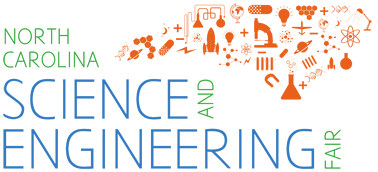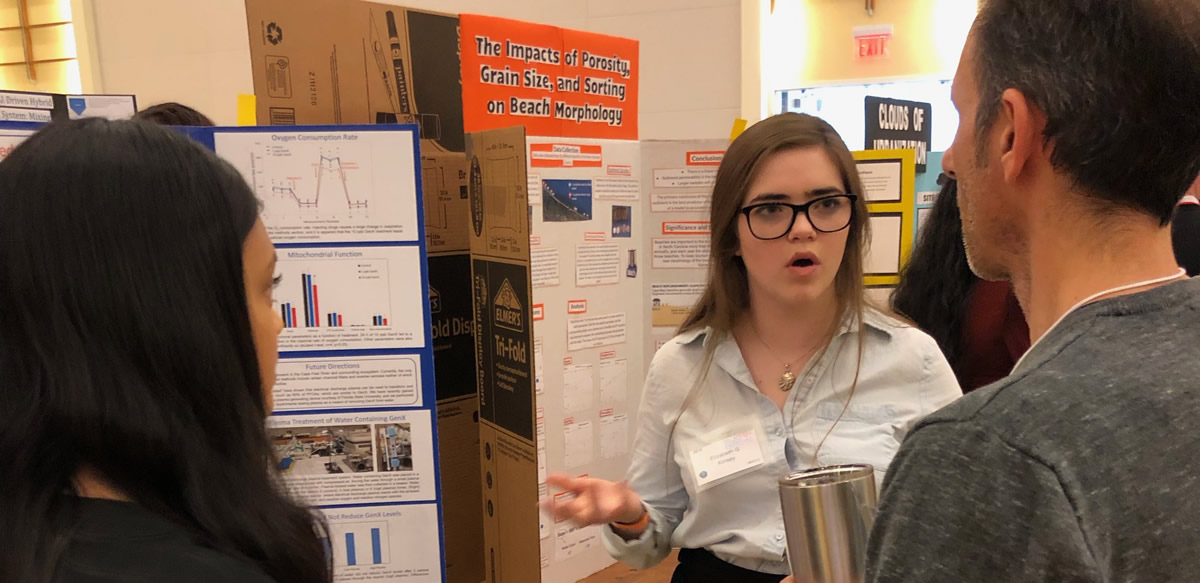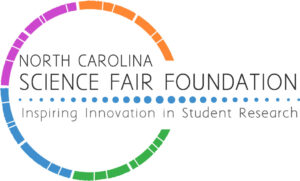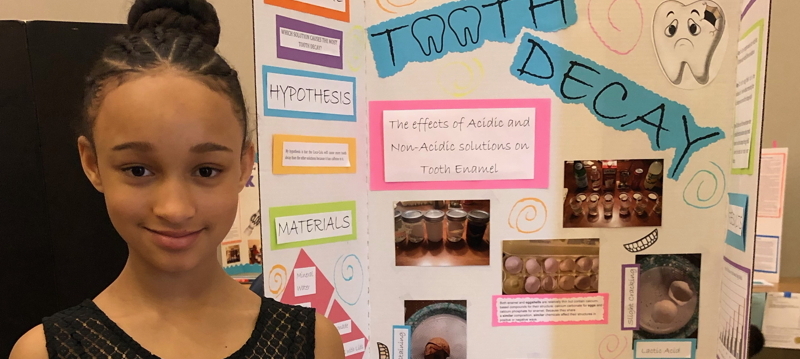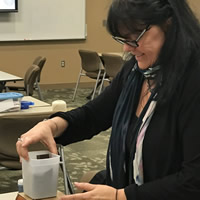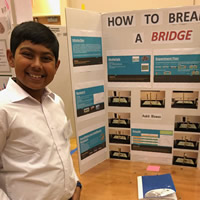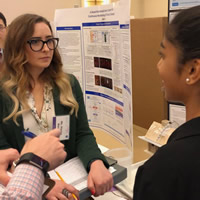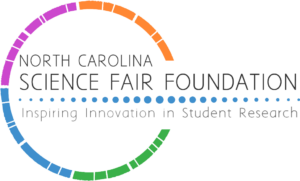From the NC Science Fair Foundation Chair
Welcome to the redesigned website of the NC Science and Engineering Fair (NCSEF) and the NC Science Fair Foundation (NCSFF). Whether you are a student, parent, teacher, judge, volunteer, or individual/business/foundation sponsor, we hope our new website will be of value and interest to you.
Congratulations to the thousands of NC students from across our state’s public schools, public charter schools, private schools, and homeschools who have embraced our motto, Inspiring Innovation in Student Research, by engaging in student-led STEM research. We celebrate their motivation and aspiration to seek excellence in their educational journey as they take the risk of competing at the local, regional, and state levels.
Thank you to all of the teachers, school leaders, parents, and mentors who have invested their time and energy in supporting and encouraging our students in their student-led research.
Special recognition to our 10 Regional Fair Directors who take on this leadership role and give of their time and talent so students from all 100 NC counties have access to the NCSEF. Also, thank you to our state co-directors for their leadership and coordination efforts.
Finally, thank you to our NCSFF Board of Directors who volunteer throughout the year to advance our mission, vision, goals, and funding priorities.
Good luck to each of our students competing in the 10 Regional Fairs and we look forward to seeing about 400 of you at the 36th annual state NCSEF on March 20 (Virtual) or March 23 (In-person) at North Carolina State University!
To request more information, please go to NCSFF and scroll to the Contact form on the left side of the page.
Dr. Gary Kelley,
Chairman NC Science Fair Foundation
a message to students from North Carolina Governor Roy Cooper
